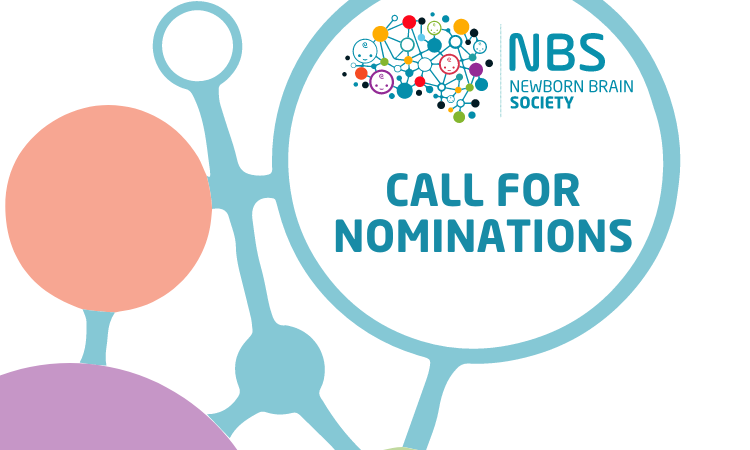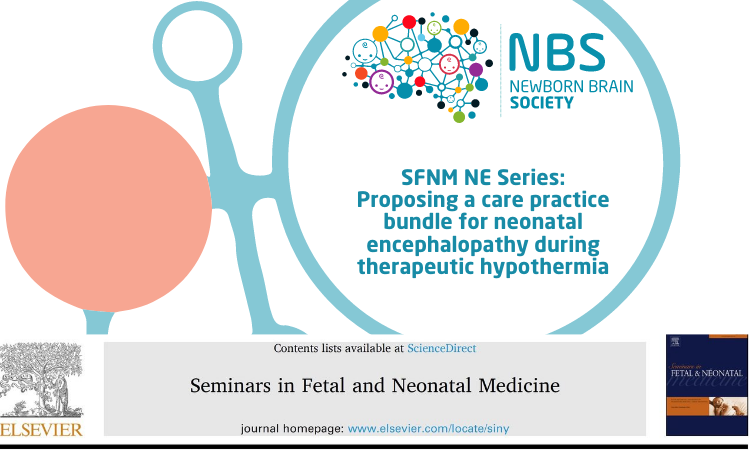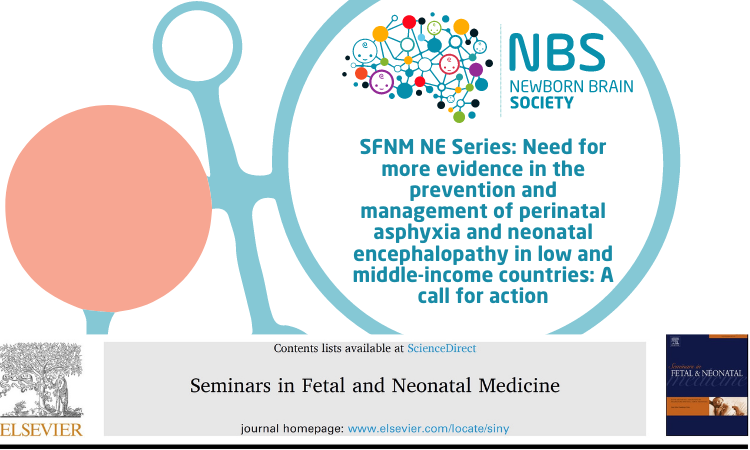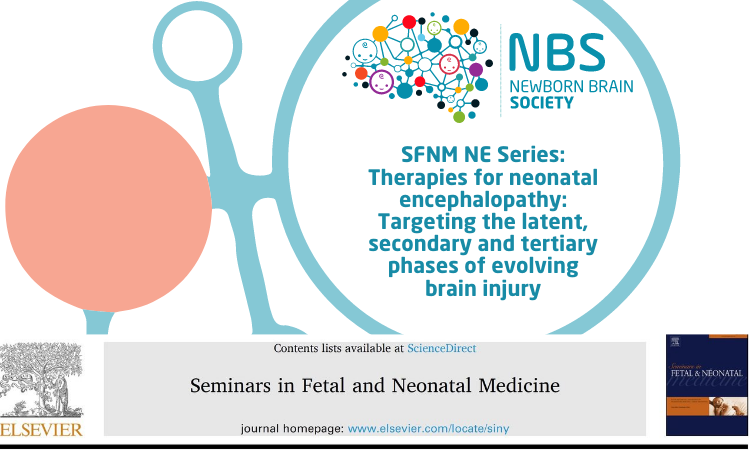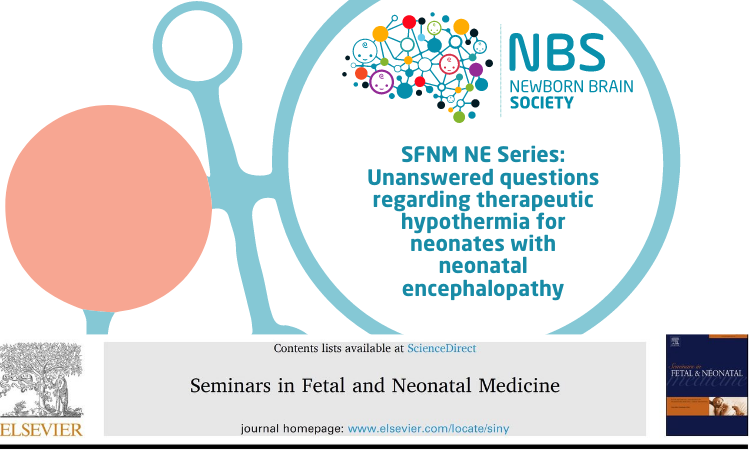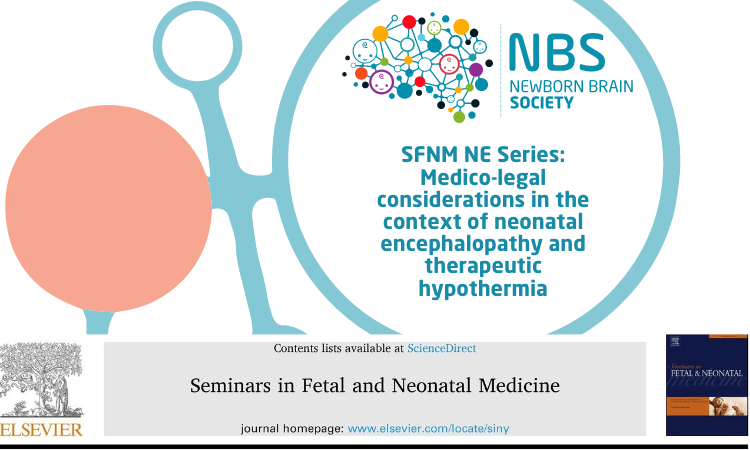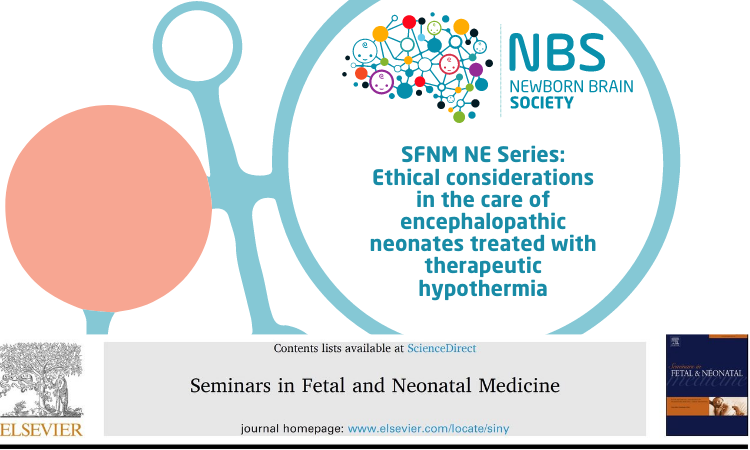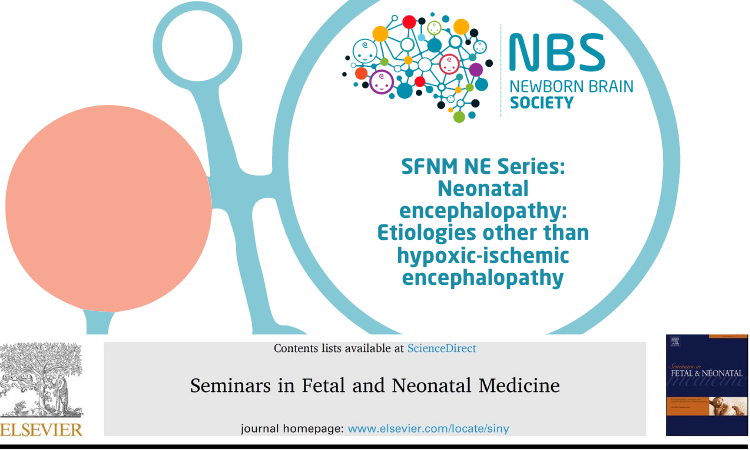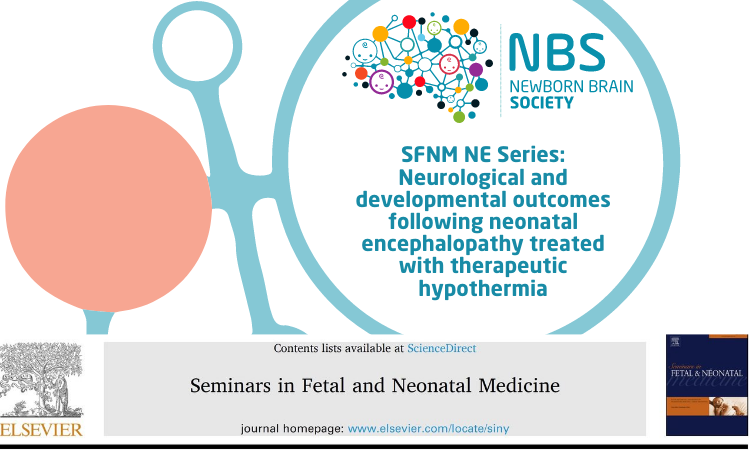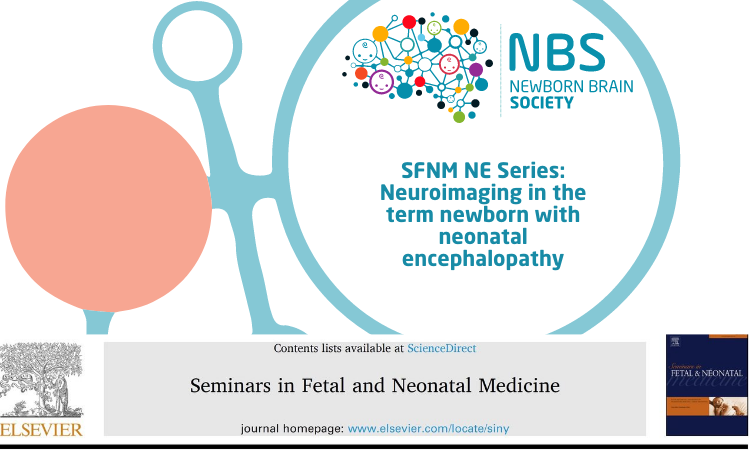Call For Nominations!
The Newborn Brain Society is pleased to announce a Call for Nominations for or members interested in serving as Chair/Director and as Committee Member for our various Committees. Nomination are being accepted for the following positions. One (1) – Chair of Membership Committee & Board Member One (1) – Education Committee Member One (1) – …

